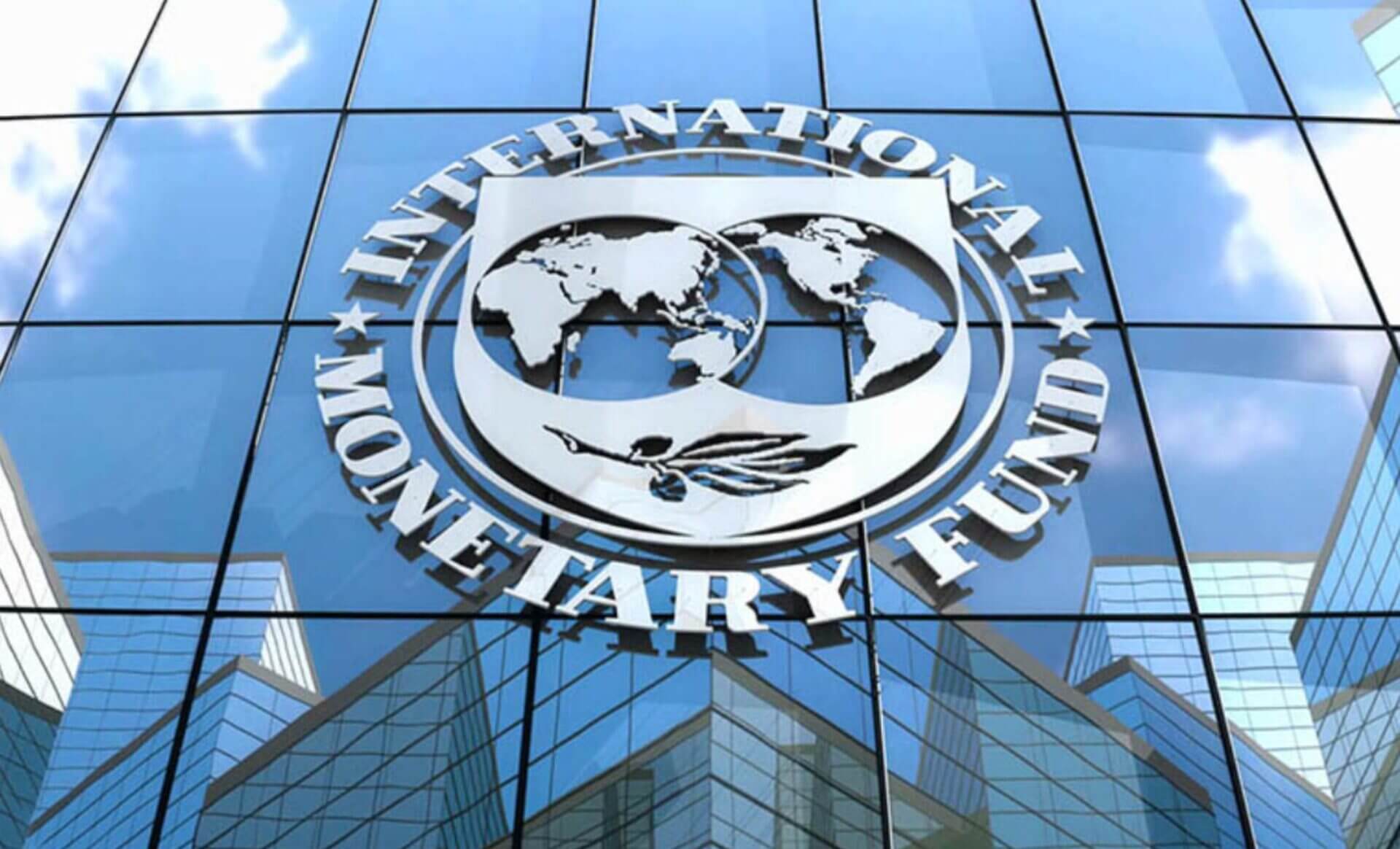With a new wave of inflation coming to Europe, everyday items will soon see their prices rise.


Europeans will be the first victims. After the Covid pandemic and the war in Ukraine, a new form of inflation will soon undermine the portfolios of French households.
The price hike is not going to stop… quite the opposite. Indeed, for several weeks, the Red Sea has been under intense tension. Armed conflicts and acts of piracy threaten global maritime trade.
As a result, significant results await customers at the end of the chain. They have to put their hands in their pockets. The bad news comes as inflation rates in Europe and France are expected to decline this year, according to INSEE’s latest forecasts. So the current situation in the Red Sea threatens any possible hopes for the economy to return to normal.
In question, the maritime zone in question, and the Suez Canal in particular, forms a strategic crossing point for the circulation of merchant ships. In fact, 18% of world trade and 40% of trade between Asia and Europe pass through this axis.
However, increasing insecurity has forced shipping companies and large ship owners to reroute their ships. The idea is to avoid the danger zone. Thus, the number of boats passing through the Suez Canal was reduced by at least 15% in the first 10 days of January 2024. However, alternative routes, particularly the detour to South Africa via the Cape of Good Hope, are much longer. These new routes automatically lead to additional delivery times and higher fuel costs.
For example, the cost of shipping goods from Asia to Europe tripled from $2,000 to $6,000 between January 1 and 7. This situation will have an impact on the prices of raw materials and food products. “European consumers will be the first to feel the effects of this cost increase,” summarizes Ngozi Okonjo-Iweala, Director General of the World Trade Organization (WTO).
According to Allianz Trade France, the euro zone, in particular, “could see its inflation rise by 0.5 points, reaching 5.1% in 2024, instead of the 4.6% forecast by the European Central Bank (ECB).
This new hard blow further slows the end of the deflationary phenomenon that has undermined French household budgets for the past several years. While the inflation rate has fallen to 3.5% at the end of 2023, and is expected to fall further to 2.5% during 2024, it may not reach this level until the end of the year. Enough to keep prices at the pump and products at the supermarket high for a long time.





